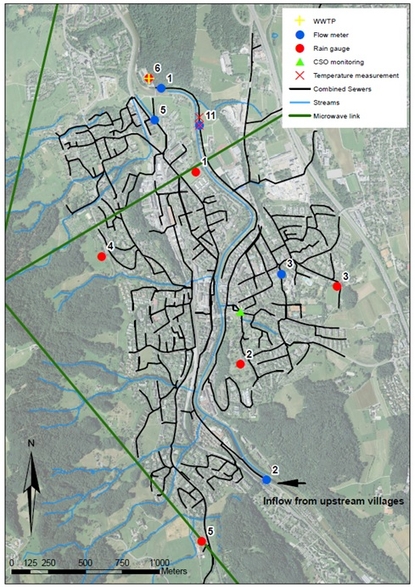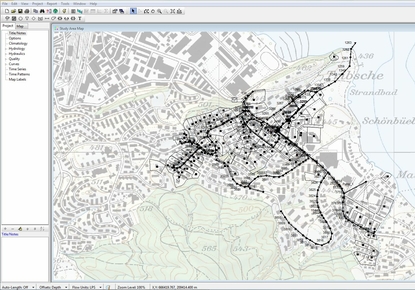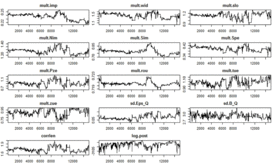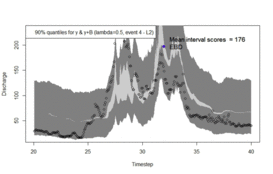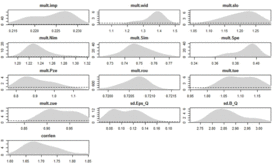Department Urban Water Management
QUICS - Assessing influence of model structure deficiencies & input errors on the uncertainty of model prediction
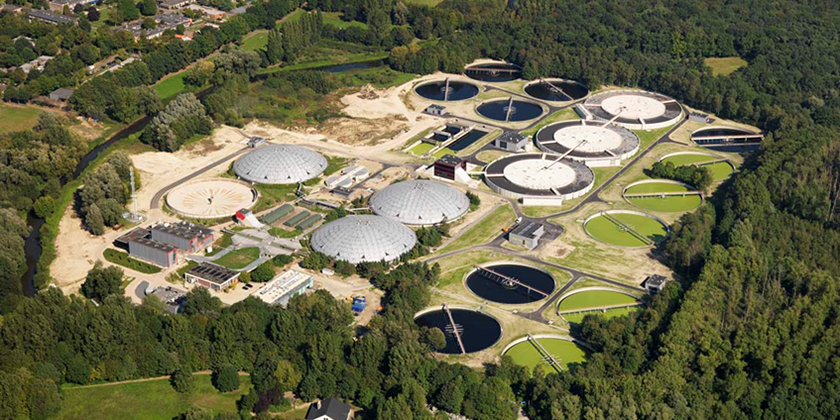
This PhD research is being conducted as part of the Quantifying Uncertainty in Integrated Catchment Studies (QUICS) project. QUICS is an European Union funded FP7 Marie Curie Initial Training Network. The overall aim of QUICS is to improve water resources management by assessing the uncertainty of integrated-catchment water quantity and quality predictions. The project currently employs ten Early Stage Researchers (PhD fellows) and two Experienced Researchers (Post-doctoral fellows).
Early Stage Researcher 5 (ESR5), based at Eawag and ETH Zurich, will focus on assessing the influence of model structure deficiencies and input errors on the uncertainty of model predictions. The research will be done under the over-arching theme of improving predictions of modelled environmental systems by quantifying and reducing the associated uncertainties.
Due to the complexity of hydrologic processes, with a large number of sub-processes at work, deterministic forecasts for natural or engineered catchments are seldom accurate. The deficiency in model equations and uncertainty in input variables engenders stochasticity. Accurately predicting changes in flow characteristics and water quality plays a very important role in catchment management. The theme of this PhD is to explore various statistical techniques to reduce model predictive uncertainty and quantify it better. Special focus will be on multiple-output models that predict various water quantity and water quality variables. Bayesian probability theory is being used as the mathematical framework for uncertainty quantification in this research. Research work will be divided in the following parts: 1) Bayesian inference techniques will be applied to a multiple-output model for uncertainty estimation and improvements in the statistical description of bias will be explored 2) The time variance of parameters in structurally uncertain models will be investigated 3) Apart from considering the uncertainties that stem from model structure (1 & 2), the effect of uncertain inputs on the overall model predictive uncertainty will be researched. Separating the overall prediction uncertainty into its individual contributing sources will make it possible to suggest efficient strategies to reduce prediction uncertainty. Such a comprehensive uncertainty estimation framework ultimately supports decision makers to better discriminate between alternative management Options.

The techniques developed in the QUICS project will be applied to two integrated catchments – in Eindhoven and Luxembourg. These catchments will help in comparative analysis and collaboration between various ESRs.
Collaborative Research
Outreach and Dissemination: ESR5 will work closely with ESR10 (University of Bristol) and ESR11 (University of Sheffield) on the influence of input rainfall fields on integrated catchment model predictions. The collaboration will be accentuated by a three months secondment of ESR5 to Bristol and the secondments of ESR 10 and 11 to Eawag.
Dissemination and outreach activities will be conducted during the course of the QUICS project by each ESR. This is in accordance with Annexure 4 of the Marie Curie Actions, Guide for Applicants, Initial Training Networks 2013 (Seventh Framework Programme). To this end, various workshops and lectures will be delivered across Europe specifically and across the whole world in general.

